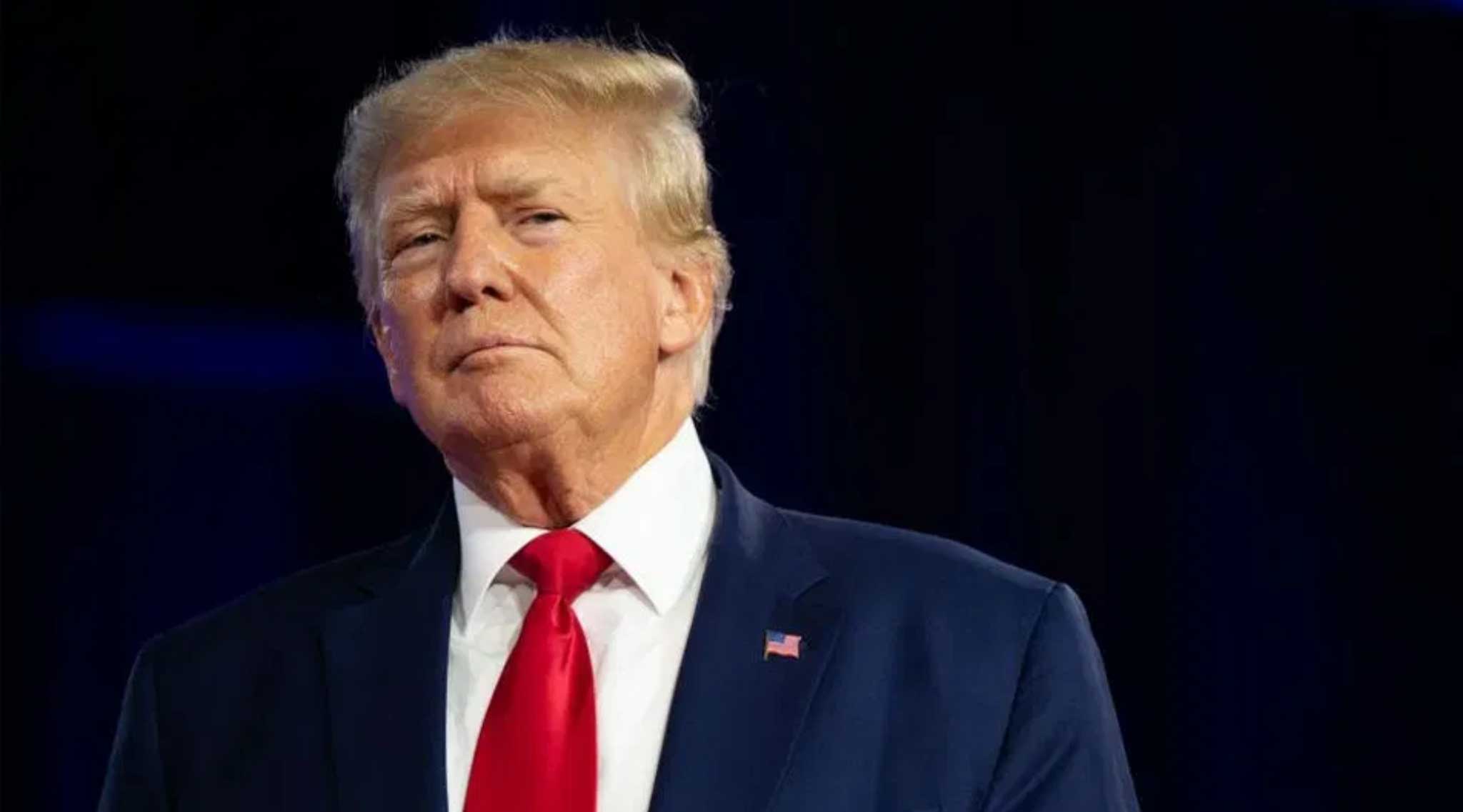New York: A New York appellate judge on Wednesday refused to halt collection of Donald Trump’s $454 million civil fraud penalty while he appeals, leaving the former president less than a month to pay the staggering sum or secure a bond covering the full amount he owes.
Judge Anil Singh of the state’s mid-level appeals court rejected Trump’s offer of a $100 million bond, though he did give Trump leeway that could help him secure the necessary bond before New York Attorney General Letitia James seeks to enforce the judgment starting March 25.
Singh granted a stay pausing part of Judge Arthur Engoron’s Feb. 16 verdict that barred Trump, his company and co-defendants from borrowing money from New York financial institutions. The Republican presidential front-runner’s lawyers had told the appellate court earlier Wednesday that the lending ban had made it impossible for him to secure a bond for the full amount.
Trump’s lawyers warned he may need to sell some properties to cover the penalty and would have no way of getting them back if he is successful in his appeal. State lawyers said those disclosures suggested Trump — who has more than a half-billion dollars in pending court debt — was having trouble coming up with enough cash to foot the bill. The penalty is increasing by nearly $112,000 each day because of interest and will eclipse $455 million on Saturday.
Trump’s lawyers proposed their smaller bond amount in court papers asking the appellate court for an order preventing James’ office from enforcing the judgment while his appeal plays out. Singh, sitting in the Appellate Division of the state’s trial court, ruled after an emergency hearing Wednesday.
Singh’s decision is temporary. A five-judge appellate panel will consider Trump’s request on an expedited basis, with a ruling expected in a few weeks. State lawyers must submit paperwork by March 11. Trump’s lawyers have until March 18 to respond.
In all, Trump and his co-defendants owe more than $465 million to the state. They have until March 25 to secure a stay — a legal mechanism pausing collection while he appeals the underlying verdict — before they are forced to pay the penalty or risk having assets seized. Posting a bond in the full amount would trigger an automatic stay.












